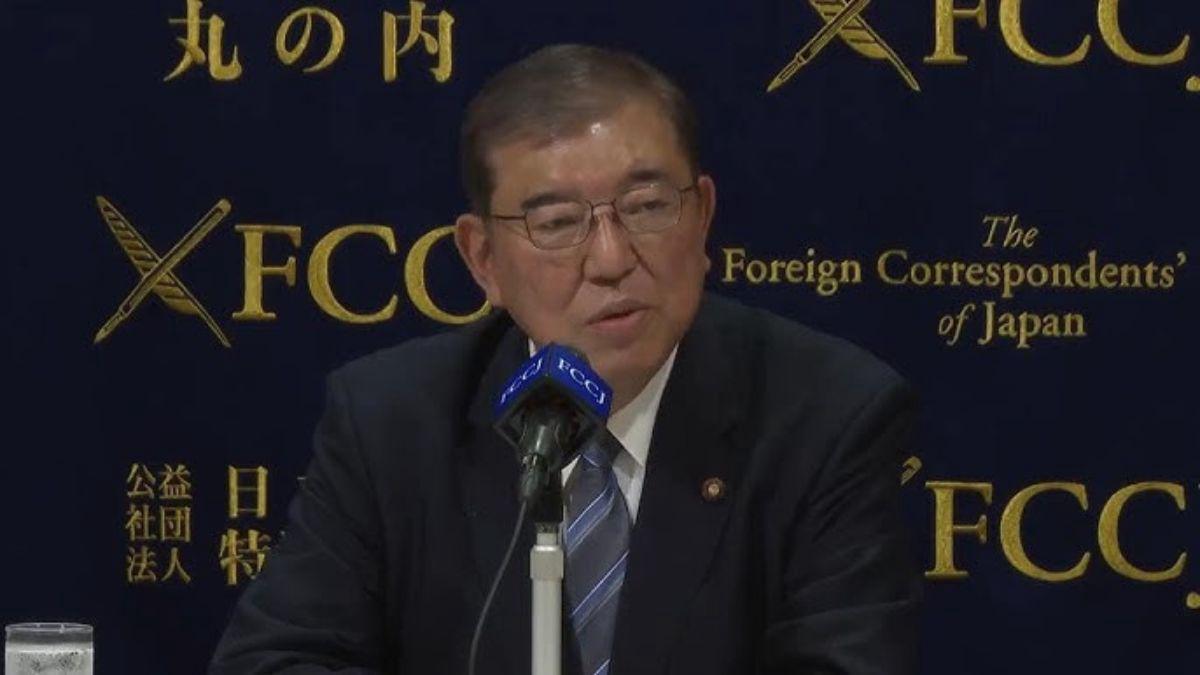The Liberal Democratic Party (LDP) presidential election, which will effectively determine Japan’s next prime minister, has set the stage for a highly competitive contest. Announced on September 12, 2024, the race has attracted a record nine candidates, underscoring a significant shift in party dynamics. Former Secretary-General Shigeru Ishiba (67), former Environment Minister Shinjiro Koizumi (43), and Minister of Economic Security Sanae Takaichi (63) are the frontrunners, with Ishiba and Koizumi leading the pack.
The announcement was made in the LDP headquarters’ 8th-floor hall, where the candidates delivered their speeches to a gathering of lawmakers and party members. Due to the high number of contenders, each candidate was allotted just 10 minutes to present their platform, a notable reduction from the 20 minutes typically given when fewer candidates are involved.
This surge in candidates is largely attributed to the scandal involving factional slush funds that has plagued the party since last year. The scandal prompted the dissolution of five major factions, excluding the Aso faction, and fostered an environment where factional politics were increasingly disfavored. Consequently, the influence of traditional faction leaders has waned, allowing mid-level and younger party members more freedom to enter the fray.
The increased number of candidates is reshaping the presidential election’s landscape. With a broad field and no clear frontrunner emerging, the race is expected to advance to a runoff, highlighting the evolving dynamics within the LDP.
The LDP presidential election has drawn significant attention, reflecting a departure from past patterns dominated by fewer, more predictable candidates. As previously reported, the scandal over factional slush funds has profoundly impacted party dynamics, leading to an unprecedented number of candidates. This shift, alongside the diminished power of traditional factional leaders, sets the stage for a potentially transformative election process. With no clear front-runner, the upcoming runoff will be crucial in determining the party’s future leadership.

